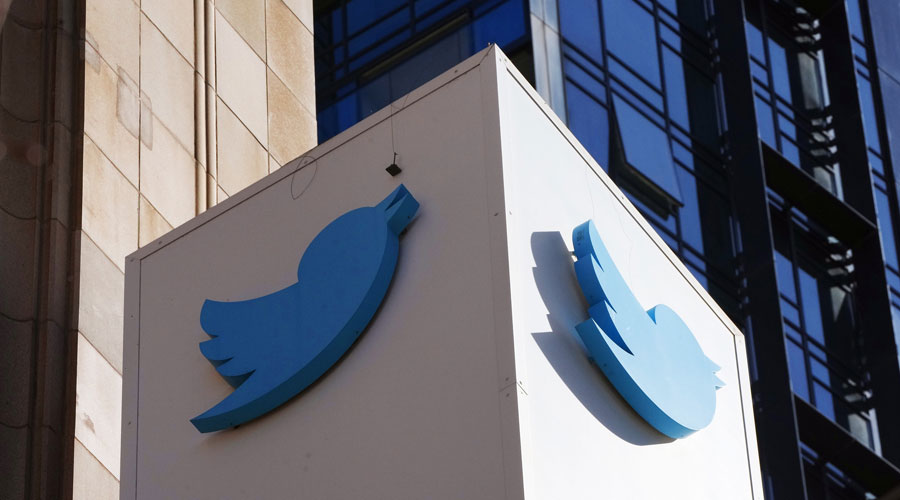Elon Musk can at times be inscrutable, and his politics are elusive, which has made it somewhat difficult to determine exactly what the billionaire would do if he successfully acquired Twitter. But over the past weeks and months, as he neared Monday's deal with the company, Musk has given more hints about what he would change about Twitter — in interviews, regulatory filings and, of course, on his Twitter account.
Here are the main areas Musk could seek to address:
Free Speech and Content Moderators
Musk has frequently expressed concern that Twitter’s content moderators go too far and intervene too much on the platform, which he sees as the internet’s “de facto town square.”
He brought up those concerns once again in the release announcing the agreement: “Free speech is the bedrock of a functioning democracy, and Twitter is the digital town square where matters vital to the future of humanity are debated,” Musk said.
“I also want to make Twitter better than ever by enhancing the product with new features, making the algorithms open source to increase trust, defeating the spam bots, and authenticating all humans,” he added. “Twitter has tremendous potential — I look forward to working with the company and the community of users to unlock it.”
In a tweet Monday, before the announcement of his agreement with Twitter, Musk said he hoped even his “worst critics” continued to use the platform “because that is what free speech means.”
The Trump Question
Musk has not commented publicly on how he would handle former President Donald Trump’s banned Twitter account. But his free speech comments have stoked speculation that Twitter under his ownership might reinstate Trump, who was barred from the platform last year. After the Jan. 6, 2021, riot at the Capitol, Twitter said Trump had violated its policies by inciting violence among his supporters. Facebook also banned Trump for the same reason.
The former president, who was known for tweets that criticized opponents and sometimes announced policy changes, is also trying to get his own social media site off the ground. His startup, Truth Social, has struggled to attract users, and the problem could get worse now that Musk has suggested changing content moderation rules on Twitter. Trump said in a recent interview that he probably wouldn’t rejoin Twitter.
The Algorithm
At a TED conference this month, Musk elaborated on his plans to make the company’s algorithm an open-source model, which would allow users to see the code showing how certain posts came up in their timelines.
He said the open-source method would be better than “having tweets sort of be mysteriously promoted and demoted with no insight into what’s going on.”
Musk has also pointed to the politicization of the platform before and recently tweeted that any social media platform’s policies “are good if the most extreme 10 percent on left and right are equally unhappy.”
Who Uses the Platform and How
Before Musk offered to buy Twitter, he expressed concern about the relevance of the platform.
When an account posted a list of the 10 most followed Twitter accounts, including former President Barack Obama and pop stars Justin Bieber and Katy Perry, Musk responded and wrote: “Most of these ‘top’ accounts tweet rarely and post very little content. Is Twitter dying?”
More recently, the Tesla CEO promised in a tweet Thursday that he would “defeat the spam bots or die trying!”
New York Times News Service












